Understanding and Treating Ingrown Hairs

Ingrown hairs are a common issue affecting both men and women, often occurring in areas where people shave, such as the legs, face, or armpits. These annoying bumps arise when hair grows back into the skin rather than up and out. This can happen when the hair follicle is clogged with dead skin cells or when a hair curls back into the follicle.
Identifying Ingrown Hairs
Ingrown hairs appear as small bumps on the skin, sometimes accompanied by pus-filled pimples. They can be unsightly, itchy, and sometimes painful.
How to Treat Ingrown Hairs
If you notice ingrown hairs, it's best to leave them alone. Avoid picking, scratching, or plucking them, as this can damage the skin and increase the risk of infection. For a few ingrown hairs, keeping the area clean and allowing them to heal on their own is often the best approach.
However, if you experience a significant number of ingrown hairs or recurring issues, you may need to seek treatment. A doctor might prescribe antibiotics or steroid creams if there's an infection.
For minor cases, you can try home remedies. Essential oils, renowned for their anti-inflammatory and antimicrobial properties, can help reduce inflammation and prevent infection, promoting better healing.
Best Essential Oils for Treating Ingrown Hairs
- Tea Tree Oil: Commonly used to treat acne, tea tree oil may similarly manage ingrown hairs by killing bacteria and soothing the skin.
- Lavender Oil: This versatile oil is believed to have antimicrobial effects and promote healthy hair growth, making it beneficial for treating ingrown hairs.
- Chamomile Oil: Believed to have anti-inflammatory and antioxidant properties, chamomile oil may help reduce skin irritation and keep the skin looking fresh.
To use essential oils, always dilute them with a carrier oil like coconut or jojoba oil. Mix one to two drops of essential oil with about 10 mL of carrier oil. Apply the mixture to a cotton bud and gently dab it onto the affected area twice a day until the ingrown hair clears up.
How to Prevent Ingrown Hairs
Ingrown hairs are often caused by shaving techniques. Here are some tips to prevent them:
-
Use a sharp, single-bladed razor.
-
Apply shaving foam or cream to soften the hair.
-
Rinse the razor blade under clean water after each stroke.
-
Replace your razor when it becomes dull.
-
Shave in the direction of hair growth.
-
Minimize the number of strokes over each area.
-
Avoid pressing an electric razor deeply into the skin.
-
Leave a little stubble in areas where a close shave is not necessary.
-
Apply a cool washcloth to the skin after shaving to soothe and reduce irritation.
Avoid using a blunt razor, shaving in the wrong direction, or dry shaving, as these practices increase the risk of ingrown hairs. Keeping your skin clean and free from grease and dirt before shaving can also help.
Some individuals are more prone to ingrown hairs. In severe cases, laser hair removal might be considered, particularly for facial hair where ingrown hairs can be distressing. Laser surgery is non-invasive and offers lasting results.
When to See a Doctor
While ingrown hairs are usually not a serious medical issue, they can be bothersome. If you notice painful, red, or swollen bumps that don't improve after a couple of days, it's best to consult a doctor to rule out infection.
Conclusion
Ingrown hairs, though not typically serious, can be annoying and uncomfortable. Using essential oils can help soothe symptoms and prevent future occurrences, making your skin healthier and smoother.


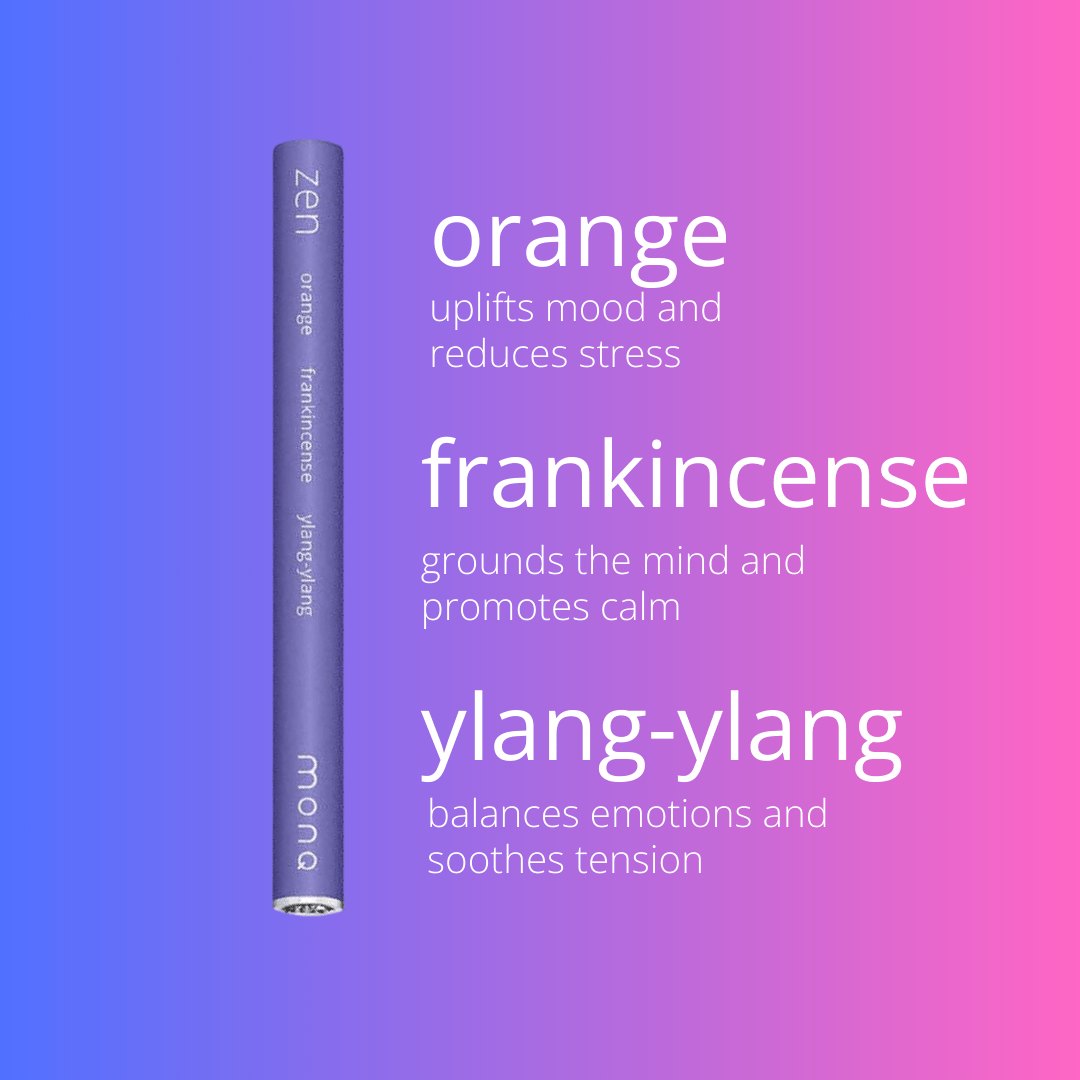

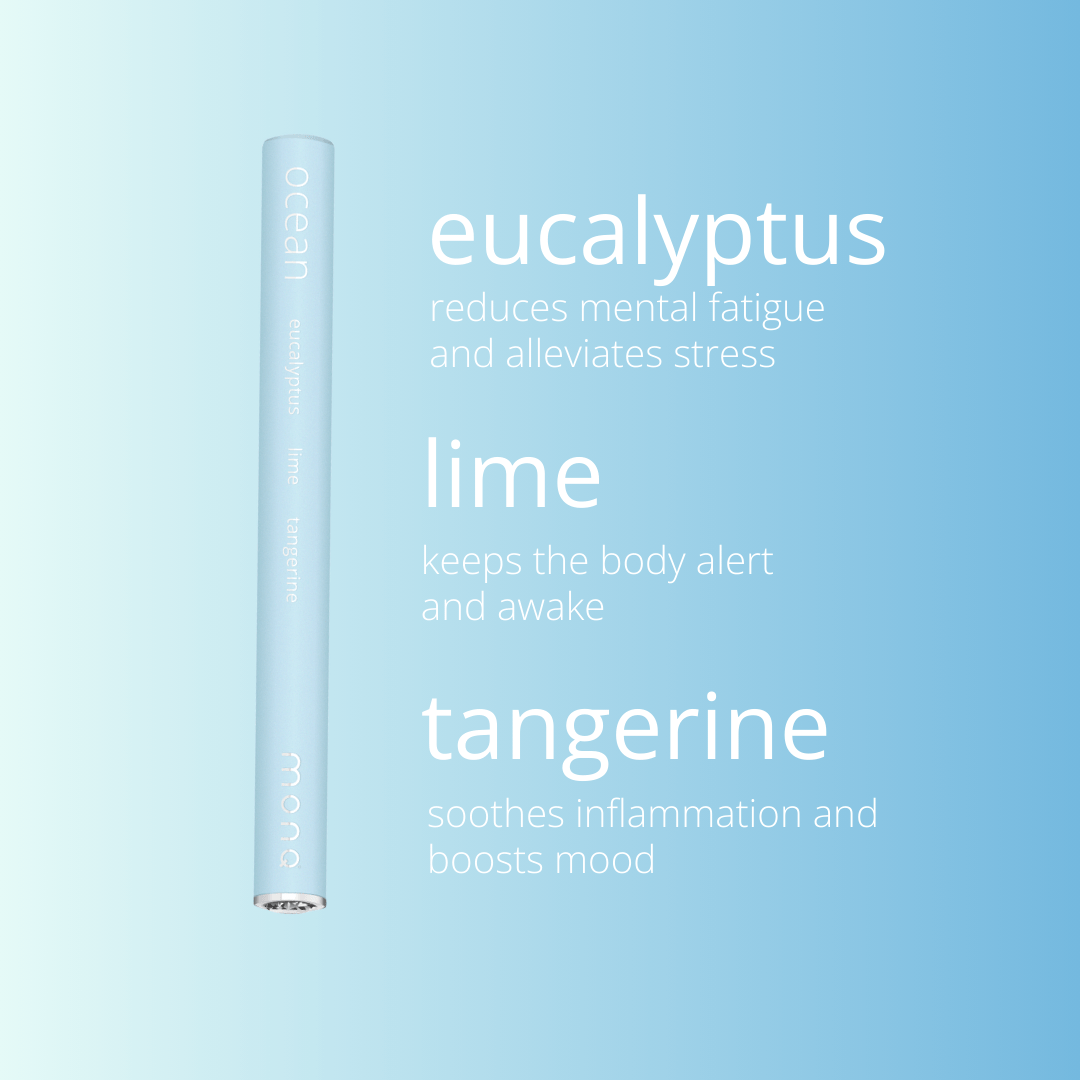

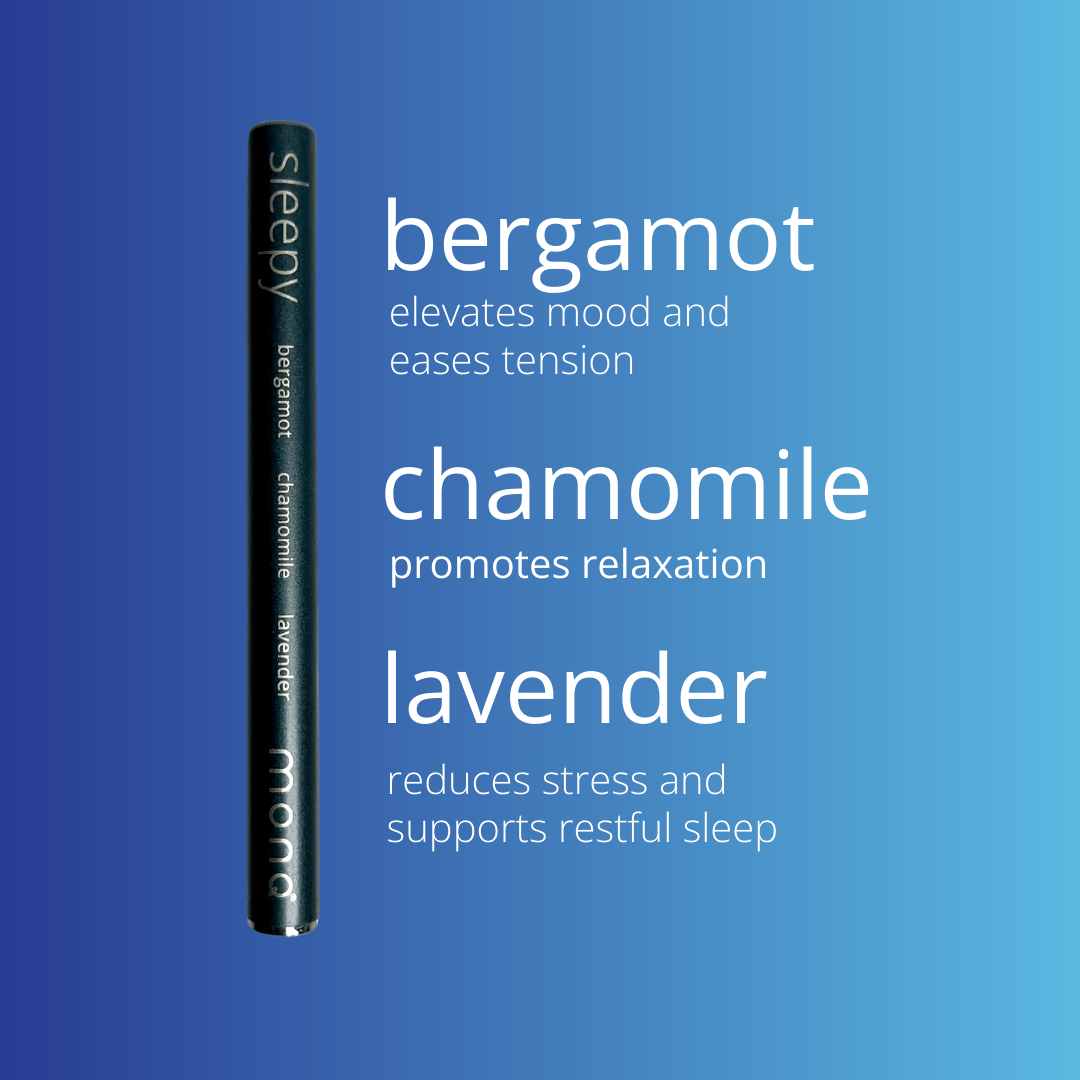
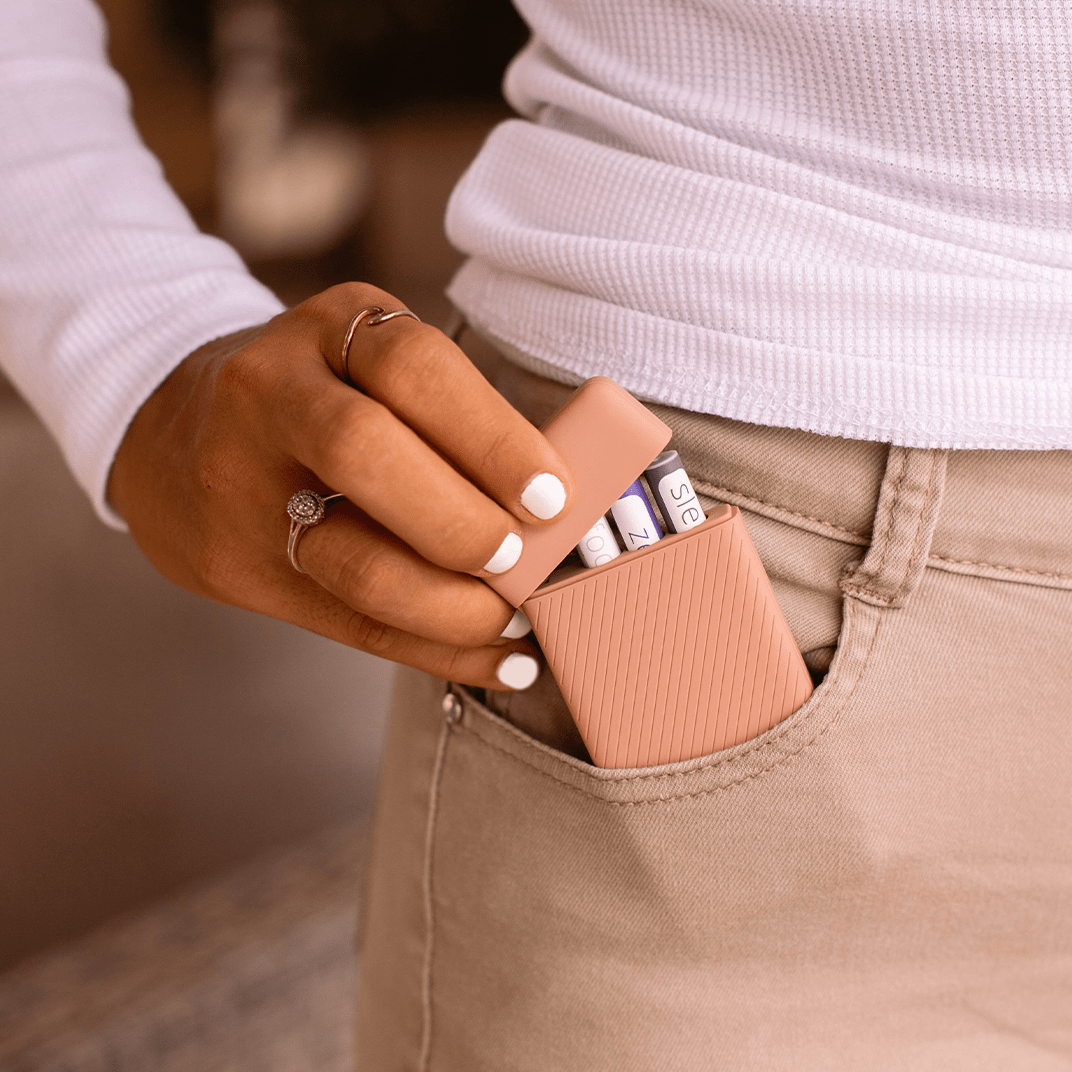
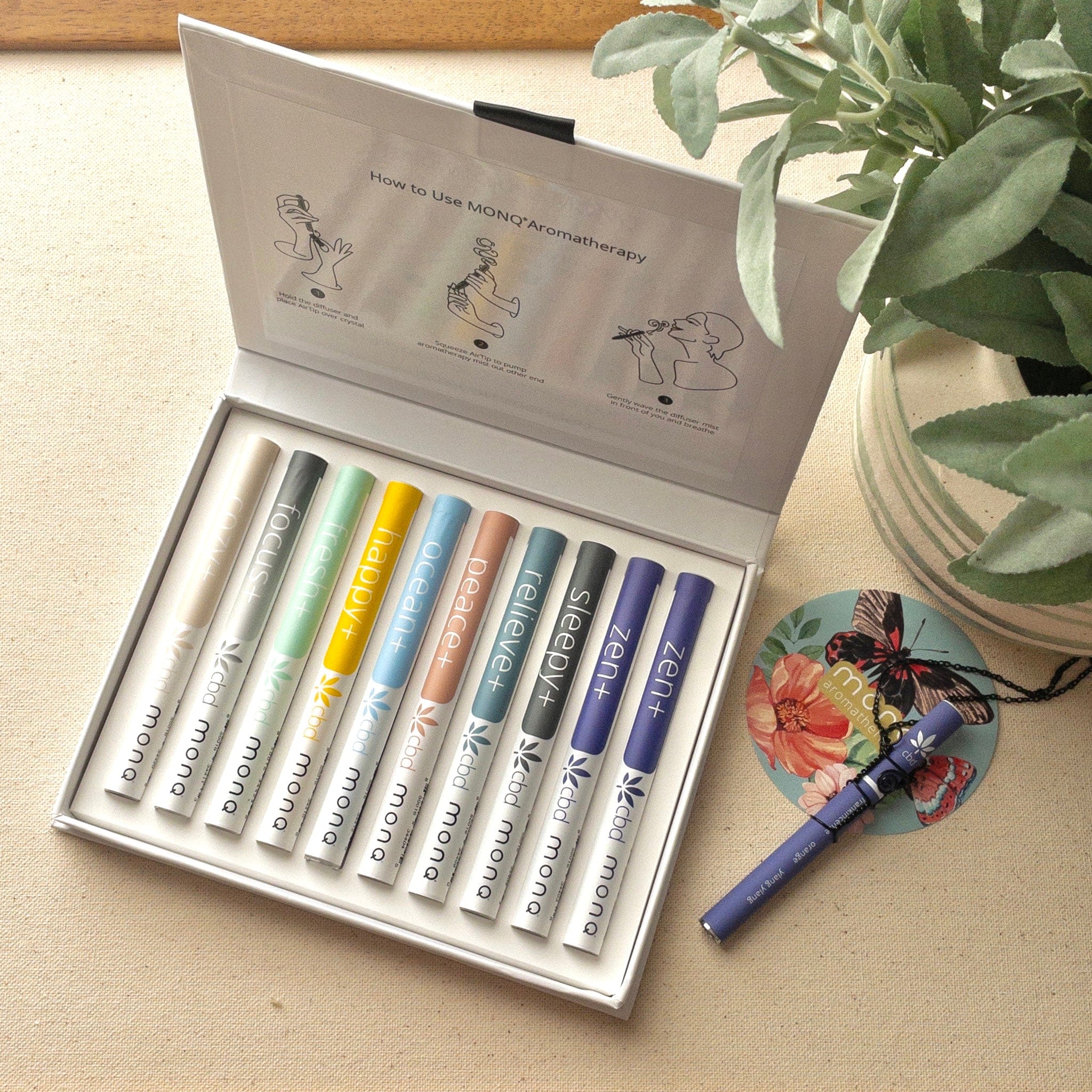
Leave a comment